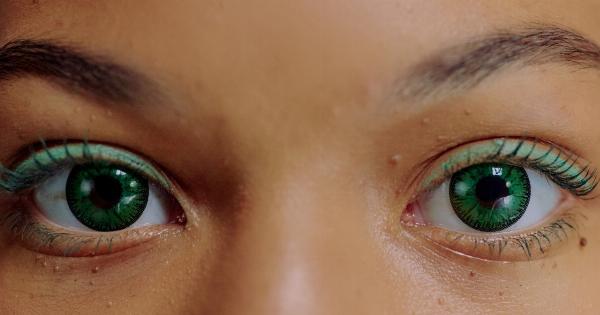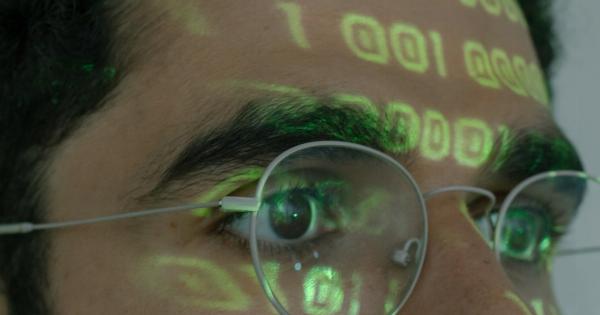Eye care is an important aspect of overall healthcare, but it can be expensive. That’s why it’s important to understand what ophthalmological procedures are covered by your insurance policy.
In this article, we’ll explore the different types of eye care coverage and the procedures that are included in them.
Vision Insurance vs. Medical Insurance
The first thing to understand is the difference between vision insurance and medical insurance. Vision insurance covers routine eye exams, contact lenses, and eyeglasses.
Medical insurance, on the other hand, covers medically necessary eye care procedures, such as cataract surgery or treatment for glaucoma.
If you have both types of insurance, it’s important to know which one to use for a particular procedure. For example, if you need cataract surgery, you’ll want to use your medical insurance.
But if you need new glasses, you’ll want to use your vision insurance.
Routine Eye Exams
Most vision insurance policies cover routine eye exams, which are typically needed every two years. During an eye exam, your ophthalmologist will check your vision and screen for eye diseases such as glaucoma, macular degeneration, and cataracts.
During the exam, the ophthalmologist may also prescribe corrective lenses, which would be covered by your vision insurance.
Eyeglasses and Contact Lenses
If you wear glasses or contact lenses, your vision insurance policy will likely cover those as well. However, the coverage will vary depending on the policy.
Some policies cover the entire cost of frames and lenses, while others require a co-pay or only cover the cost up to a certain amount. It’s important to understand your policy’s coverage before purchasing eyeglasses or contact lenses.
Cataract Surgery
Cataracts are a common condition that occurs when the lens of the eye becomes cloudy, causing vision problems. Cataract surgery involves removing the clouded lens and replacing it with an artificial one.
If you have medical insurance, cataract surgery is usually covered. The cost of the procedure will vary depending on your policy, but most policies cover a significant portion of the cost.
Glaucoma Treatment
Glaucoma is a condition that damages the optic nerve, causing vision loss. There are several treatments available for glaucoma, including eye drops, laser therapy, and surgery.
If you have medical insurance, the cost of treating glaucoma is usually covered. However, as with cataract surgery, the amount of coverage will vary depending on your policy.
Retinal Exams
A retinal exam is a diagnostic test that allows an ophthalmologist to examine the retina, which is the thin layer of tissue at the back of the eye. The exam can detect a range of eye conditions, including macular degeneration and diabetic retinopathy.
If you have medical insurance, retinal exams are typically covered. However, the frequency of coverage may vary depending on your policy.
LASIK and Other Refractive Surgeries
LASIK and other refractive surgeries are procedures that correct vision problems such as nearsightedness, farsightedness, and astigmatism.
Most vision insurance policies do not cover refractive surgeries, as they are considered elective procedures. However, some medical insurance policies may cover the cost of these surgeries if they are deemed medically necessary.
Conclusion
Understanding your eye care coverage is important for maintaining good eye health. Be sure to review your policy to understand which procedures are covered and which are not.
If you have questions about your coverage, don’t hesitate to contact your insurance provider.


























